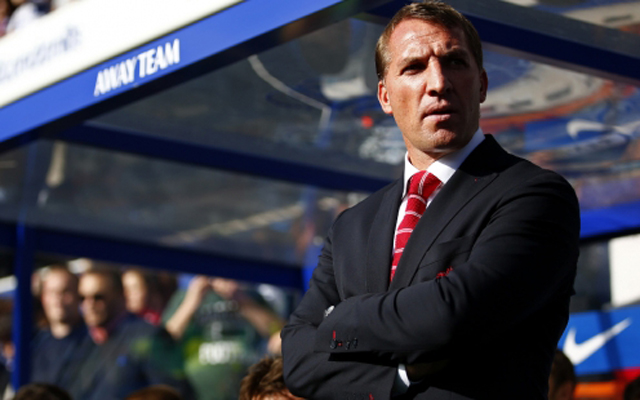By Jason Christian
I am of the opinion that the impact of head coaches and managers is generally overrated in sports. Because the impact of a coach is so difficult to quantify, I think it is in our natures to want to believe that one great individual can propel a group of otherwise ordinary athletes to exceptional heights. It is a romantic notion and one that fills fans with hope. However, I think that, much more often than not, teams with good talent will do well and teams lacking top talent will perform poorly, regardless of the manager. Further, I think most coaches are more likely to have a significant negative impact than they are to lift a team far above the results expected based on the talent on hand. In other words, a coach who understands his players’ strengths and weaknesses and intelligently uses that knowledge to best set up his team for success will still most often accomplish only what the talent level allows, while occasionally exceeding expectations. On the other hand, a manager who doesn’t recognize his players’ skills or how best to utilize them can ruin a team full of talent.
Yes, there are the managers and coaches who, through motivational tactics, superior strategy, personality management or a combination of these, are truly able to raise teams to unexpected levels of achievement. However, I think such special leaders are few and far between. What I think happens much more often is that a transcendent athlete, or a very good athlete performing for a time at a transcendent level, is able to carry an otherwise very good team to great heights. The historic list of great teams across all sports is much more populated by groups with great players than by decently talented squads led by otherworldly managers.
All of this is to say that I think Brendan Rodgers is a decent manager who has developed some players nicely, cares deeply about Liverpool, and has some positive skills that, with time, may really help a club produce results. However, he is no longer the right man for the Liverpool job, and maybe never was. This season, his third with the club in which his influence and progress should be clear to see, has been a disaster. Under his watch, an overpriced, lackluster groups of new players came in and produced even less than should have been expected based on their prior work. Stale formations, stubborn player selections and improperly utilized talent have been cause for consistent worry. An unwillingness or inability to admit those mistakes and adapt has been even more troubling. In short, this team has underperformed due in large part to the manager.
Now, there are those who will argue that, as the manager, if he is to be blamed for this season’s failures, he must be praised for last season’s brilliance. To that I say, yes, but only to a point. I certainly don’t think Rodgers should get no credit for the success of last season. However, as noted above, I subscribe to the idea that the transcendent player moves the needle. Luis Suarez put in a performance last season that was nothing less than sensational. His work rate, his movement, his accuracy, his tenacity produced genuine terror in opponents and opened up so many opportunities for teammates that would not have materialized otherwise. His intensity was so infectious that it raised the level of all other Liverpool players. Yes, Rodgers positioned the team well to take advantage of Suarez’ skills, but more than anything, Rodgers best contribution was getting out of the way and letting that greatness be great. Over-thinking things and micromanaging the team would only have dampened that spark. Also, with a rather thin squad, there was really only so much tinkering Rodgers could do. He jumped on board the Suarez train and enjoyed the ride along with everyone else. He was indeed the conductor, but his job was to just keep it on the rails and let that beautiful machine do its thing.
This season, there was no Suarez, there was a deeper squad, there were more young, unproven players and there were more games in more competitions, so Rodgers had more decisions to make. He had to tinker more, and his choices were going to have a bigger impact on whether Liverpool progressed or regressed. Sadly, he did more harm than good. I have no doubt that Brendan Rodgers always had the club’s best interests in mind and thought that every move he made was the right one. I think there is still time for him to improve and learn to be a more effective manager. However, I think there is now enough evidence to say that his influence on this particular club has been more negative than positive, enjoying real success only when lucky enough to put one of the top players on earth in his lineup. This team deserves better than that. Maybe now is not the moment at which Liverpool can attract one of the handful of truly magnificent managers. At the very least, though, a manager is needed who can properly identify the talent on the squad, blend those talents in effective ways, teach the players how to enhance their talents, and inspire them to infuse their play with a passion worthy of the Liverpool shirt. That man is out there somewhere. That man is not Brendan Rodgers.
